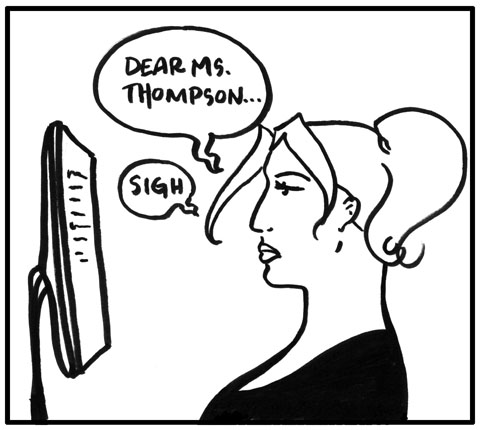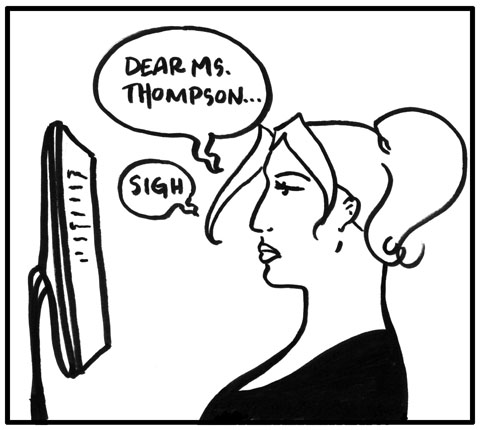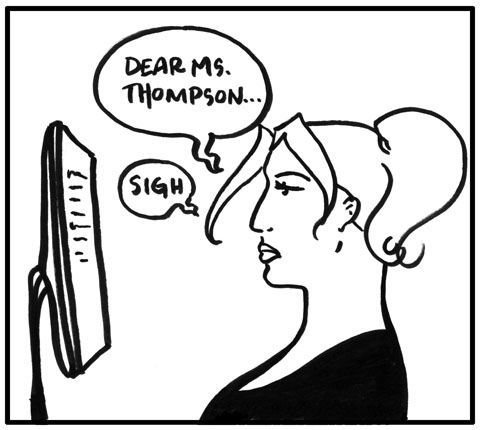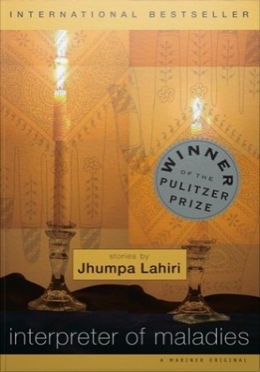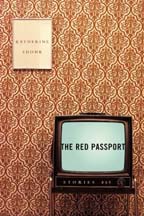
The Red Passport. Katherine Shonk. Short Fiction Collection.
I read a lot of short fiction collections because I love short fiction, and as much as I enjoy reading them, when it comes time to write a review I always have the same problem with them…they’re always uneven.
Some stories are awesome at unheard of levels and others are either disappointing or just average. I had the exact opposite experience with this collection by Katherine Shonk, The Red Passport. It was incredibly consistent – which I had genuinely begun to believe was not possible in short fiction collections, and which excited me – but unfortunately in the end it was consistent in a way that disappointed me.
I think with every story in Shonk’s eight story collection (with the exception of maybe one story that I had difficulty getting into The Young People of Moscow) I was drawn into her exquisite world instantly. Her proverbial hook was placed early, and within the span of a few paragraphs at most I felt I just had to know what was going to happen to her characters, but with every story, without fail, I was disappointed in the endings (ironically I think the ending that worked the best for me was in The Young People of Moscow).
Like any reader I like a certain amount of closure or understanding in the things I take time to read, but unlike readers of kind of mass fiction (I’m generalizing here) I think I’m less prone to need perfect closure or happy endings or everything worked out nicely – I appreciate some ambiguity – I like to have to really think about what is going to happen to these characters…and what could happen…after the sentence ends. But Shonk didn’t even give me a chance to point her characters in a direction.
It almost felt like I would be reading along, enjoying a beautiful narrative piece, and then all of a sudden it would veer into almost experimental fiction. Some readers might really love this technique, but it really didn’t work for me, and it was a let down and a surprise every single time (apparently I don’t have much of a learning curve). Ultimately I was left incredibly sad by the collection, because for me it seemed like such wasted brilliance…like every story was 95% complete and wonderful, and then 5% just unfinished and not committed to…and that 5%, especially when it’s the ending is really important.
I’ll definitely be taking this lesson into my own work, as often when I write short fiction I like more ambiguity than I think my potential readers would wish for…I’ll be examining many of my endings in the future…trying to put just enough there to satisfy.
Of the stories, I liked Kitchen Friends the least overall, and loved Honey Month the most, but was also the most disappointed in its ending. The Conversation, The Death of Olga Vasilievna, Our American, My Mother’s Garden, and The Wooden Village of Kizhi were all wonderful, until that last 5% where I just felt completely unfulfilled.
In the end I’m giving the book 2.5 stars because the writing is phenomenal – the details and characters are fantastic, and I loved the fact that all the stories took place in Russia, which was fascinating, but in the end, not being able to deliver that last 5% really killed it for me.

